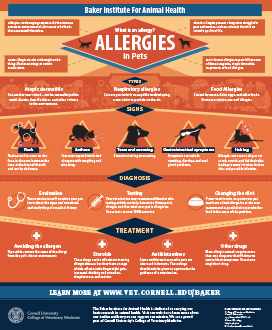Dog Daycare Enrichment Schedules
Dog Daycare Enrichment Schedules
Blog Article
What Vaccinations Are Needed For Pet Dog Childcare?
Whether your pets hang around at childcare or boarding facilities, they need to be up-to-date on all of their called for inoculations. Core vaccinations consist of Bordetella, rabies and DA2PP, which defend against typical illness that canines are exposed to when in close contact with others.
Non-core vaccines consist of canine influenza and leptospirosis shots. These are suggested for pups that join other dogs regularly.
Core Injections
As an important part of preventive treatment, pet dog vaccines aid maintain dogs secure from contagious diseases sent with direct call or contaminated surface areas. Vaccinations stimulate the body immune system to develop antibodies that combat illness, and the majority of vets think about core pet injections to be crucial for all animals.
Rabies
The majority of credible dog day care centers require that your animal be up to day on their rabies inoculation. Vaccinations are administered to young puppies as very early as 12-16 weeks old, and boosters are required every three years or so up until the adult years. Rabies is a deadly viral disease that spreads with saliva, normally from attacks. Most states require rabies vaccinations for all pet dogs and pet cats, and some also mandate rabies boosters for pet owners.
Distemper/Parvovirus/Adenovirus (DHPP).
This mix vaccination covers canine distemper, parvovirus, liver disease, and adenovirus, every one of which are highly contagious. Many vet workplaces use DHPP vaccinations as one shot or in a series of two to four shots, provided 2-4 weeks apart, complied with by a yearly booster. This injection is a need for the majority of boarding and dog daycare facilities, in addition to numerous groomers.
Bordetella/Canine Parainfluenza boarding dog kennels near me Injection.
Bordetella bronchiseptica, frequently called kennel coughing, is a very infectious respiratory system infection caused by the bacteria that causes the disease. Symptoms include persistent coughing, sneezing, nasal discharge, and fever. Many kennel cough break outs occur in congested atmospheres, such as day care or boarding facilities, and are particularly typical in warmer weather condition. This injection is a demand for the majority of childcare and boarding centers, and is often offered in a combination with the DHPP vaccine.
Leptospirosis Injection.
This is a microbial condition that spreads with contaminated water, soil, and urine. Infection can create kidney and liver damages, along with fatality, and is transmissible to people. A lot of veterinarians will suggest this injection, based on geographic area and way of living of the pet, for pets that hang around outdoors or at boarding centers, in addition to some groomers. This injection is typically provided as a series of 2 to four shots, spaced 2-4 weeks apart, with a yearly booster needed for the majority of pet dogs.
Lyme Condition Injection.
One of the most typical tick-borne disease in the United States, Lyme condition is transmitted by the deer tick and can lead to high temperature, joint discomfort, muscle soreness, and loss of appetite. The Lyme disease vaccine protects versus one of the most common stress of the infection, including the H3N8 and H3N2 strains. A lot of veterinary centers advise this injection, specifically in high-risk areas, such as the Northeast, top Midwest, Mid-Atlantic, and along the Pacific coastline.
Noncore Vaccines.
Various other dog injections, while not essential for all animals, are advised based on the canine's lifestyle and geographical place. These consist of the following:.